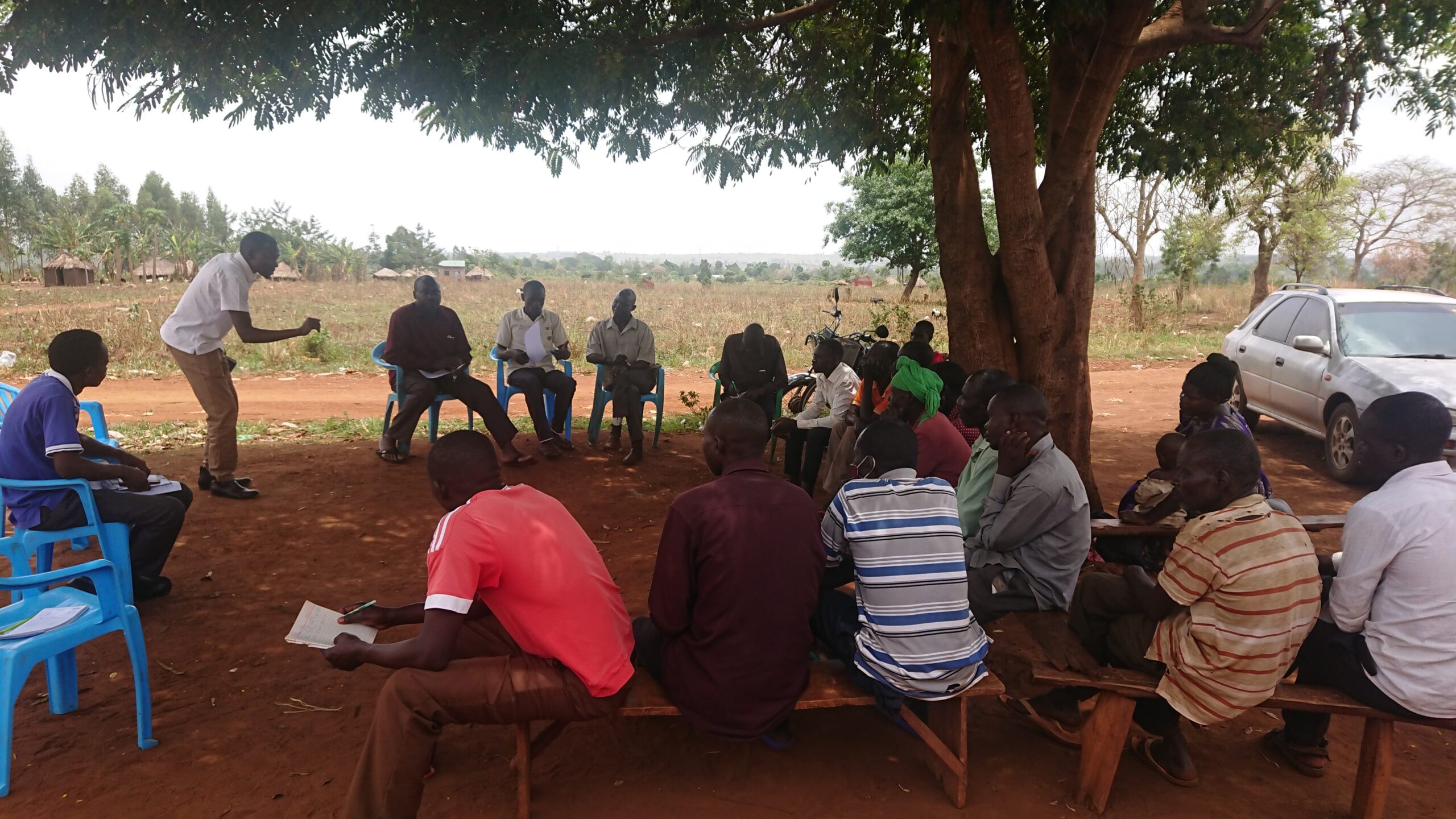By Patrick O. Adengo
Uganda’s ecosystem for digital financial services (DFS) has shown exponential growth over the years, with active users and active agents showing almost 10-fold regional increase since 2005. Similarly, the volume and values of transactions have shown a very positive upward trajectory that appears to be on track to exceed the per capita levels of traditional mobile money since earlier forecasted. These positive trends are the result of sustained efforts by the private sector, donors and government.
That explains why governments should prioritise the creation of a resilient, inclusive and innovative DFS ecosystem that bolsters social development, a robust economy and an enabling ecosystem that supports a thriving private sector.
Some governments have called for implementation of foundational infrastructure required in a digital economy. As an incentive of change, the importance of digitisation andexamples of Transformative Policy Initiatives, have been outlined.
Here are some highlights; The need for a Digital Address: The poor physical addressing systemsin Uganda, is improving with more road signs and street names being installed.However, more needs to be done. A country cannot transform without a proper physical street addressing system, which has negative effects on tax and revenue collection. Without a proper physical addressing system (digital), countries cannot participate in the Fourth Industrial Revolution, for instance, online shopping, online-learning, online-delivery or ride-sharing apps will not work effectively.
The need for Digital Identity Cards (IDs): India has paved the way for other developing countries to roll out digital IDs using new technologies such as retinal and facial recognition, smart chips, and cloud computing. Citizens can pay utility bills, order government services and improve business activities using digital IDs.
The need for Digitisation of Land Registration: This is an important process as it will help the mortgage market and potentially help release hundreds of billions of shillings to finance the regional development.
Interoperability of Payments: Interoperability of paymentsis needed to modernise the emerging economies.Where interoperability shall enable financial transactions made possible for people to pay for services between a bank and any financial service point, mobile network operators (MNO) or payment service providers (PSP) like agents irrespective of the service provider used.
Building a digital economy characterised by high usage and a wealth of compelling use cases — in which a variety of actors provide a wide range of financial and non-financial services (digital currencies, digital savings, digital credit, digital insurance, digital retail payments, benefit transfers, digital taxes payments, digital fees payments; digital solar, digital water, digital health or digital education or agriculture, etc.) via DFS — will require governments and businesses alike to invest in new technologies, build shared infrastructure and develop innovative partnership models. Although some of the required financial investments to build out this ecosystem are now being made, they are typically fragmented and may fail to build the type of comprehensive whole that a digital economy requires.
The author is the Managing Director for Stalworth Consulting Group, LLC a digital project management consultancy services firm.





